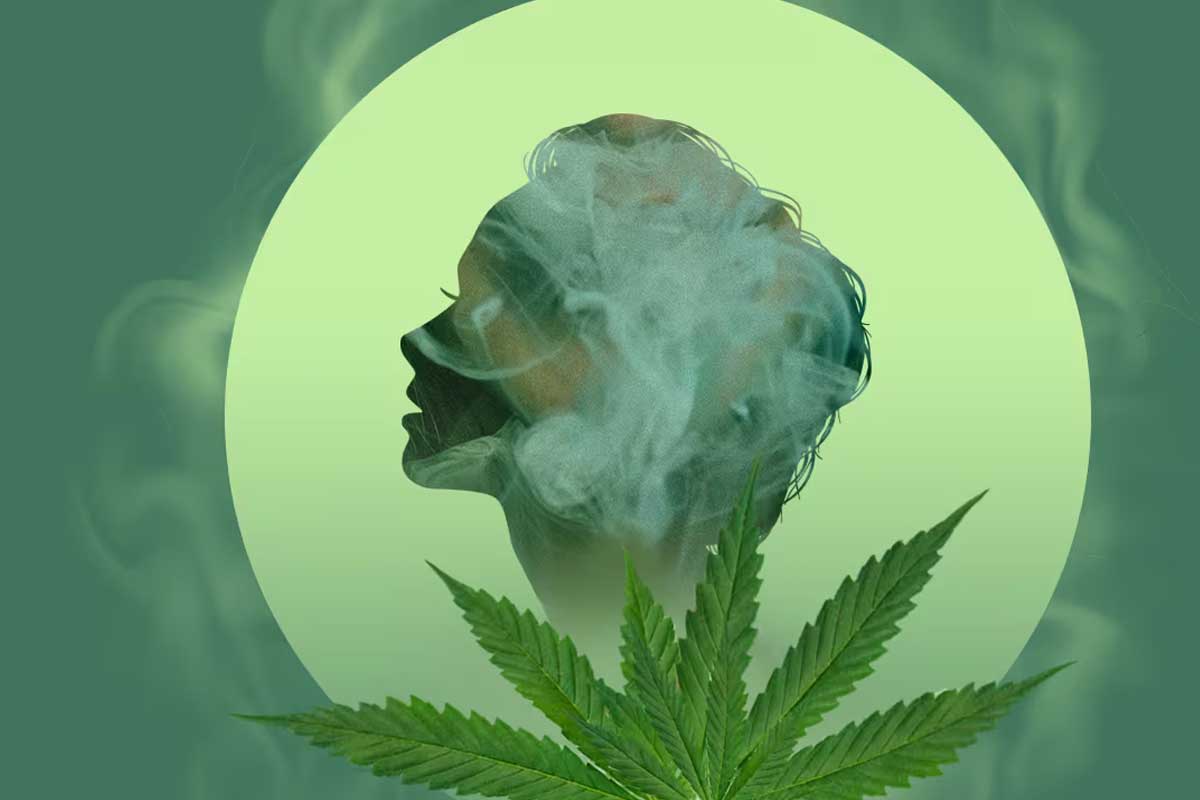

The Effects of cannabis on the human mind can vary widely depending on factors such as the individual’s physiology, the dosage and potency of the cannabis consumed, the method of consumption, and any concurrent use of other substances. Here’s an overview of some of the key effects:
1.Euphoria and Relaxation: Cannabis can produce feelings of euphoria, relaxation, and contentment. Many users report experiencing a sense of well-being and pleasure after consuming cannabis.
2.Altered Perception: Cannabis can alter perception, leading to changes in sensory perception, time perception, and spatial perception. Colors may appear more vivid, sounds may be more pronounced, and time may seem to pass more slowly.
3.Impaired Memory and Cognition: Short-term memory impairment is a common effect of cannabis use, particularly with higher doses. Cannabis can also impair cognitive function, including attention, concentration, and decision-making skills.
4.Impaired Motor Coordination: Cannabis can impair motor coordination and psychomotor skills, leading to decreased balance, slower reaction times, and impaired coordination of movements.
5.Increased Appetite: Cannabis use is often associated with an increase in appetite, commonly referred to as “the munchies.” This effect is thought to be due to the activation of certain brain receptors involved in appetite regulation.
6.Anxiety and Paranoia: While some users experience feelings of relaxation and calmness, others may experience anxiety, paranoia, or panic attacks, especially with higher doses or in individuals predisposed to anxiety disorders.
7.Psychosis: In susceptible individuals, particularly those with a history of mental illness or a family history of psychotic disorders, cannabis use can trigger or exacerbate symptoms of psychosis, including hallucinations, delusions, and disorganized thinking.
8.Dependence and Addiction: Although cannabis is often considered less addictive than other substances such as alcohol or opioids, some individuals may develop dependence on cannabis, characterized by cravings, tolerance, and withdrawal symptoms upon cessation of use.
9.Long-Term Effects: Long-term, heavy cannabis use has been associated with cognitive impairments, including deficits in memory, attention, and executive function. Chronic cannabis use has also been linked to an increased risk of mental health disorders such as depression and schizophrenia, particularly in individuals with a genetic predisposition or other risk factors.
10.Potential Therapeutic Effects: Despite the potential risks and adverse effects, cannabis also has potential therapeutic benefits. Certain cannabinoids found in cannabis, such as THC and CBD, have been studied for their potential analgesic, anti-inflammatory, anxiolytic, and neuroprotective properties. Medical cannabis is used to alleviate symptoms of various medical conditions, including chronic pain, nausea and vomiting, multiple sclerosis, epilepsy, and certain mental health disorders.
It’s important to note that the effects of cannabis can vary widely from person to person, and not everyone will experience the same effects. Additionally, the legality of cannabis and its use for both recreational and medical purposes vary by jurisdiction, so individuals should familiarize themselves with local laws and regulations regarding cannabis use.
If you have any symptoms or doubts that you are suffering from cannabis, fill a form and let us help you.
